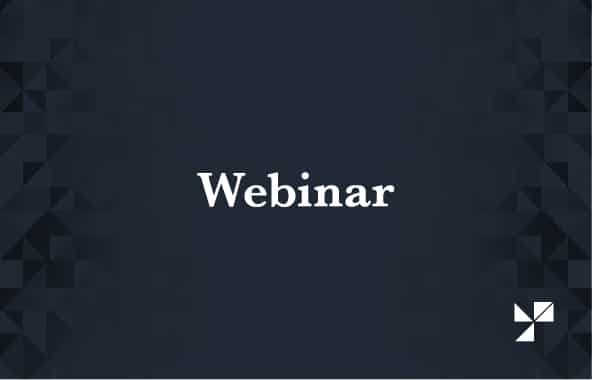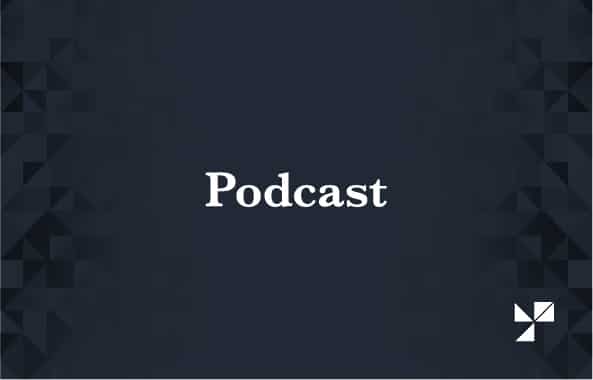Perspectives from Jerry – Advising on Section 174
McGuire Sponsel continues to have conversations with CPA firms across the country regarding the Code Section 174 (“IRC 174”) requirement and Code Section 41 (“IRC 41”) credit. These discussions have gone in various directions, and we have heard many different preferences. Here are a few of the statements:
- We will not claim the IRC 41 credit so we will not have expenditures to amortize.
- We do not have IRC 174 expenditures.
- We will increase the qualified expenditures for IRC 41 by a percentage and consider this amount as the IRC 174 expenditures.
These conversations have caused me to pause and reflect on how I, as a former tax director responsible for a firm-wide tax practice, would approach the new amortization requirement and the current uncertainty related to this change.
The starting point for determining how to handle this law change is to first recognize that the IRC 174 requirement is a tax law change impacting the timing of the deductibility of expenditures defined as “research and experimental.” This is a statutory change that must be considered in determining the income tax treatment for items currently expensed for book purposes. Therefore, an analysis should be performed to determine whether a client has research and experimental expenditures as defined by IRC 174.
The analysis does not begin with a review of the general ledger accounts. It should begin with an understanding of the client’s business and then focus on current year business activities that are committed to research and experimentation as defined by IRC 174. Once the research and experimentation activities are identified, you can then begin to quantify the current year expenses associated with these activities. The expenses are most likely embedded within various general ledger accounts such as wages, supplies, scrap, and outsourced contracted research.
An amortization computation should be prepared to amortize the total amount of identified IRC 174 expenditures using a mid-year convention. The amortization period is five years for domestic activity and 15 years for international activities. There will be a timing difference between book and taxable income as the research and experimental expenditures are currently deducted for book purposes and amortized for income tax purposes. This is a temporary timing difference that completely reverses within six years for domestic activities and 16 years for international activities.
Though this is a temporary timing difference, the change will negatively impact client cash flow in the first two years. CPAs need to proactively assist their clients in understanding and planning for this negative cash flow impact as it can be significant. It is also an opportunity to evaluate additional tax strategies to lessen the impact to their cash flow.
I would next evaluate whether any of the research and experimental activities identified during the IRC 174 analysis meet the additional requirements under IRC 41 to qualify for the credit for increasing research activities. The IRC 41 credit is a permanent tax benefit and can help offset the increased income tax liability caused by the amortization requirement of IRC 174 expenditures. The IRC 41 credit is a key planning opportunity for reducing the impact of the increased income tax liability caused by the IRC 174 amortization.
It is critical to understand that the amortization of expenditures under IRC 174 and claiming the credit under IRC 41 are separate considerations and not connected. While all qualifying expenditures for computing the IRC 41 credit must first meet the definition of research and experimentation under IRC 174, not all IRC 174 expenditures will meet the requirements to qualify for computing the IRC 41 credit. That understood, there is risk in making the decision to not claim the IRC 41 credit for the tax year 2022 as the basis to avoid addressing the amortization requirement under IRC 174. This risk is amplified if the client has claimed the IRC 41 credit in prior tax years.
In conclusion, the best approach in dealing with this law change is to undertake an analysis of client activities and determine if there are expenditures meeting the definition under IRC 174 and amortize these deductions for income tax purposes. I recommend this analysis not simply be performed as a “percentage of qualifying expenditures under IRC 41” as this approach will certainly be subject to challenge by the IRS. The next step is to evaluate whether there is an opportunity to claim the IRC 41 tax credit to reduce the income tax impact resulting from the amortization of IRC 174 expenses.
There is still the possibility that Congress may repeal or delay the enactment of IRC 174 capitalization, but this most likely will not happen before the tax return filing due date. Extending the client’s 2022 income tax return seems prudent considering this potential action by Congress. The cautious approach will require a client to pay extension payments based on the current law but if action is taken by Congress after the tax filing due date, any client tax overpayments can be applied to 2023 estimated payments.
There is much to consider. Proactive and strategic planning is critical in guiding clients through this change. If you or your clients need assistance or perspective on how to proceed, our R&D Tax Credit team at McGuire Sponsel has the technical expertise in both IRC 174 and IRC 41, and can assist in helping your clients navigate through this law change.
Jerry Hammel, CPA, is a business and specialty tax executive with more than 30 years of experience. Jerry works with the firm’s alliance network across four practice lines and top firms, specializing in international tax and strategic tax planning.
Recent Resources
-
Alliance NetworkFebruary 20, 2023
Distinguishing Section 174 from Section 41
by David Seibel, EA & TJ SponselJoin David Seibel and TJ Sponsel as they walk through distinguishing Section 174 from Section 41. David and TJ overview...
-
R&D Tax Credit ServicesJanuary 30, 2023
Yes, companies need to amortize R&D expenses
by David Seibel, EAIn Accounting Today, David Seibel discusses the Consolidated Appropriations Act of 2023. This bill included funding for the federal government for...
-
Alliance NetworkJanuary 13, 2023
McGuire on the Wire Episode 67
by Jerry Hammel, CPA & Kyle RiddleJerry Hammel and Kyle Riddle give an update on the Section 174 Amortization.
-
R&D Tax Credit ServicesDecember 12, 2022
Section 174 Amortization Updates
by David Seibel12/12/22: IRS Issues Guidance for Obtaining Section 174 Change of Accounting Method Consent; 10/24/22: Section 174 Amortization Requirement Leaves Taxpayers...





